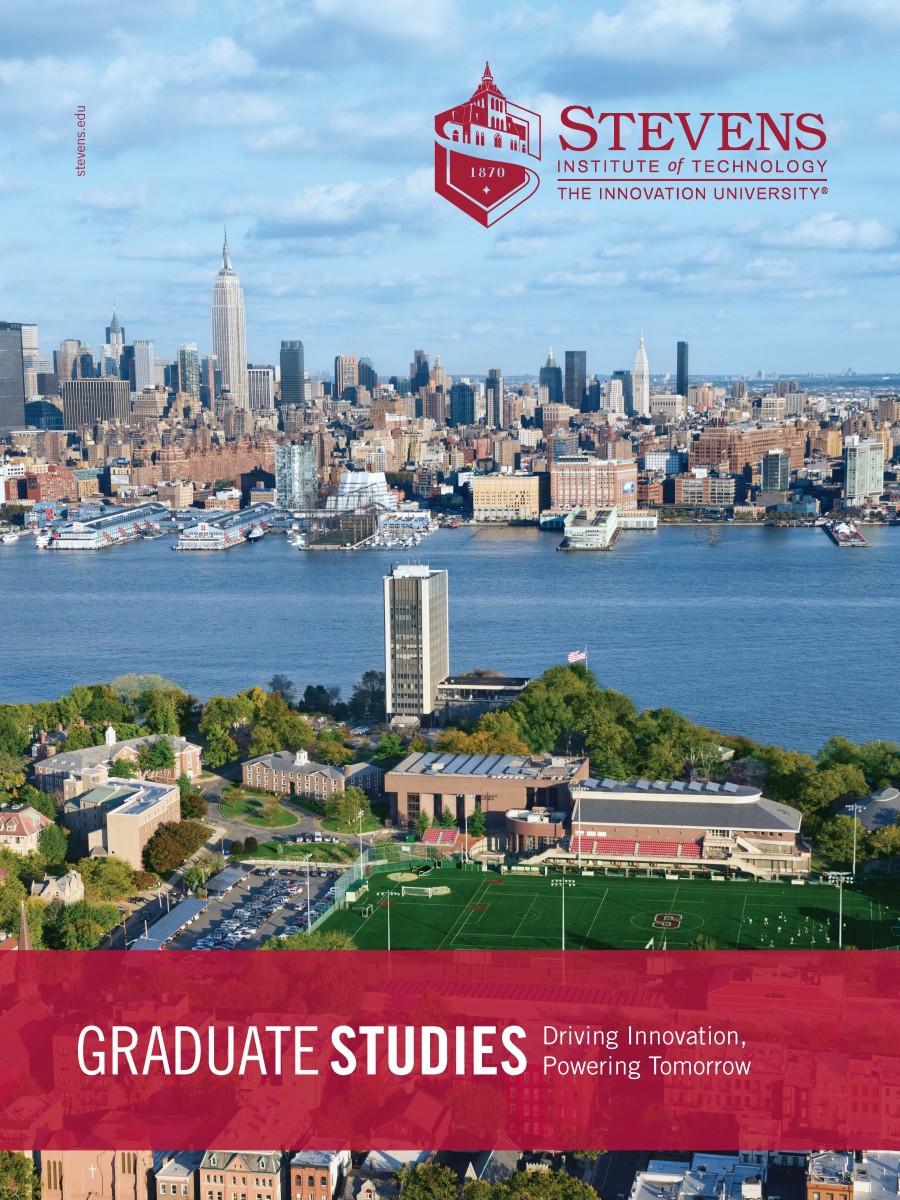AP Government: Understanding Its Place in Social Sciences
Ap government and its classification as a social science
Ap government, officially known as advanced placement United States government and politics, stand as one of the near popular ap courses offer in American high schools. Students and educators frequently question whether this course falls under the umbrella of social sciences. The answer is unambiguously yes – ap government is so a social science course, though understand why requires examine both the nature of social sciences and the specific content of the ap government curriculum.
Define social sciences
Social sciences comprise academic disciplines concern with society and the relationships among individuals within a society. These fields use scientific methodologies to examine human behavior, social institutions, and the organization of societies. Traditional social sciences include:
- Political science
- Economics
- Sociology
- Anthropology
- Psychology
- History (sometimes classify as humanities )
- Geography (aspects deal with human societies )
What distinguish social sciences from natural sciences or humanities is their focus on systematic study of human behavior and societies use empirical approaches, while stillness acknowledge the complexity and subjectivity inherent in study human subjects.
The core components of ap government
The college board structures ap government around five major content areas:
Foundations of American democracy
This unit explores the theoretical underpinnings of theAmericann system, examine concepts like natural rights, popular sovereignty, republicanism, and constitutional democracy. Students analyze the influences that shape the constitution and the compromises that form our governmental structure.
Interactions among branches of government
Here, students study the separation of powers and checks and balances systems. The curriculum cover the structures, powers, and functions of congress, the presidency, and the federal courts, arsenic intimately as how these institutions interact with each other.
Civil liberties and civil rights
This section examines the development and protection of individual freedoms and equal rights through supreme court interpretations of the constitution, peculiarly the bill of rights and the 14th amendment. Students analyze landmark court cases and their impacts onAmericann society.
American political ideologies and beliefs
Students explore the diverse political beliefs and ideologies of Americans, how these beliefs influence political behavior, and how they shape public policy. This includes study political socialization, public opinion polling, and ideological trends.

Source: socialstudies.dmschools.org
Political participation
The final unit cover voting rights and behaviors, political parties, interest groups, and the media’s role in politics. Students examine how citizens engage with the political process and how various factors influence electoral outcomes.
Why ap government qualifies as a social science
Ap government fit square within the social science category for several compelling reasons:
It’s rooted in political science
Political science, one of the core social sciences, form the foundation of ap government. The course apply political theories and concepts to analyze American governmental institutions and processes. Students learn to understand politics through scientific frameworks preferably than strictly philosophical or historical approaches.
It employs social scientific methods
The ap government curriculum emphasize empirical analysis and evidence base reasoning. Students learn to interpret data from polls, election results, and demographic studies. They analyze political behaviors use social scientific methodologies and evaluate compete interpretations of political phenomena.
It examines human behavior in social contexts
Like other social sciences, ap government focus on human behavior within social and institutional contexts. Students study how individuals form political opinions, why they vote as they do, how groups mobilize for collective action, and how social identities influence political participation.
It connects with other social sciences
Ap government course intersect with other social science disciplines:
- Economics: When study fiscal policy, economic regulations, and budgetary processes
- Sociology: When examine how social groups form political coalitions and how social movements influence policy
- Psychology: When analyze political socialization and the formation of political attitudes
- History: When trace the development of political institutions and rights over time
The social scientific skills develop in ap government
The course cultivate several key social scientific competencies:
Data analysis
Students learn to interpret quantitative information from polls, surveys, and electoral data. They develop skills in read charts, graphs, and tables that represent political information. This quantitative literacy mirrors the analytical approaches use across social sciences.
Source evaluation
Ap government teach students to evaluate the credibility and perspective of political information sources. They learn to distinguish between factual reporting, opinion, and propaganda – essential skills for social scientific inquiry.
Concept application
Students apply theoretical concepts to real world political scenarios, often as social scientists test theories against empirical evidence. For example, they might apply theories of federalism to analyze conflicts between state and federal governments over policy issues.
Comparative analysis
The course encourage students to compare different political institutions, processes, and outcomes. This comparative approach mirrors how social scientists identify patterns and draw generalizable conclusions about social phenomena.
Ap government vs. Other social science ap courses
The college board offer several ap courses in the social sciences, and understand how ap government compare to these can interchange clarify its place in the social science curriculum:
Ap government and ap comparative government
While ap government focus specifically on the American system, ap comparative government examine political systems across six countries. Both courses apply political science theories and methods, but with different geographical scopes.
Ap government and ap economics
Ap economics (both micro and macro )examine economic systems and behaviors, while ap government focus on political systems. Notwithstanding, they overlap when study government economic policies, regulation, and the political dimensions of economic decisions.
Ap government and ap psychology
Ap psychology study individual human behavior and mental processes, while ap government examine collective political behavior. They intersect when consider how psychological factors influence political attitudes and behaviors.
Ap government and ap human geography
Ap human geography study spatial patterns of human activity, while ap government focus on political institutions and processes. They connect when examine how geography influence political representation and regional political differences.
Pedagogical approaches in ap government as a social science
The teaching of ap government reflect its social science orientation:
Case study method
Instructors oftentimes use case studies of specific political events, court cases, or policy debates to illustrate broader principles – a method common across social sciences for connect theory with real world applications.
Simulation and role playing
Many ap government classrooms incorporate simulations of congress, supreme court hearings, or electoral campaigns. These activities help students understand political processes experientially while test social scientific theories about political behavior.
Primary source analysis
Students analyze foundational documents like the constitution, federalist papers, and landmark supreme court opinions. This textual analysis resemble methodologies use in several social science disciplines.
Current events’ integration
The course typically incorporate analysis of ongoing political developments, allow students to apply social scientific concepts to contemporary situations and test the explanatory power of political theories.
College pathways and ap government
The classification of ap government as a social science have practical implications for students’ educational pathways:

Source: pndhs.org
College credit and placement
Most colleges accept ap government scores for credit toward social science general education requirements or as credit toward political science majors. This recognition affirms its status within the social science domain.
Academic department alignment
At the college level, courses equivalent to ap government typically reside in political science departments, which are near universally house within social science divisions or colleges.
Research methodology preparation
The analytical skills will develop in ap government will prepare students for more advanced social science research methods courses in college, where they will learn more sophisticated techniques for will study political and social phenomena.
Criticisms and limitations
Some critics question aspects of ap government’s approach as a social science:
Depth vs. Breadth
Due to the need to cover a wide range of topics for the ap exam, the course sometimes sacrifices the depth of analysis that characterize college level social science courses. This breadth focus approach may limit opportunities for the kind of sustained inquiry typical in social scientific research.
Normative vs. Empirical focus
Some argue that ap government place overly much emphasis on describe how government should work (normative )kinda than analyze how it really woworks(mpirical ))This critique sugsuggestse course could strengthen its social scientific credentials by emphasize empirical analysis more systematically.
Methodological limitations
At the high school level, students typically lack access to sophisticated research tools use by professional political scientists. This practical limitation mean the course inevitably simplify some of the methodological approaches of the discipline.
The future of ap government as a social science
The college board sporadically revises ap curricula to reflect developments in academic disciplines and pedagogical best practices. Recent trends will suggest ap government will probably will strengthen its social science orientation in several ways:
Increased data literacy
Future revisions may place greater emphasis on quantitative literacy, help students interpret political data and understand statistical concepts relevant to political analysis.
Expanded behavioral focus
As political science progressively incorporate insights from behavioral economics and psychology, ap government may devote more attention to the psychological and cognitive dimensions of political behavior.
Digital politics
The curriculum will probably will evolve to will address how digital technologies will transform political participation, information consumption, and governmental operations – will apply social scientific frameworks to these will emerge phenomena.
Conclusion
Ap government steadfastly belongs within the social science category. Itappliesy the theories, methods, and analytical approaches of political science – a core social science discipline – to examiAmericancan political institutions, processes, and behaviors. The course develop students’ abilities to analyze political phenomena consistently, interpret data, evaluate compete explanations, and understand human behavior in political contexts.
For students consider their educational paths, recognize ap government as a social science helps clarify its relationship to potential college majors and career paths. The skills develop in the course – critical analysis, evidence base reasoning, and systematic study of human institutions – prepare students not simply for further study in political science specifically, but for any field that require understand complex social systems and human behavior.
As with all social sciences, ap government offer tools for make sense of the social world – in this case, the political dimensions of collective life. By approach politics as a subject for systematic study preferably than mere opinion, the course exemplifies the social scientific enterprise of develop evidence base understanding of human societies and institutions.



